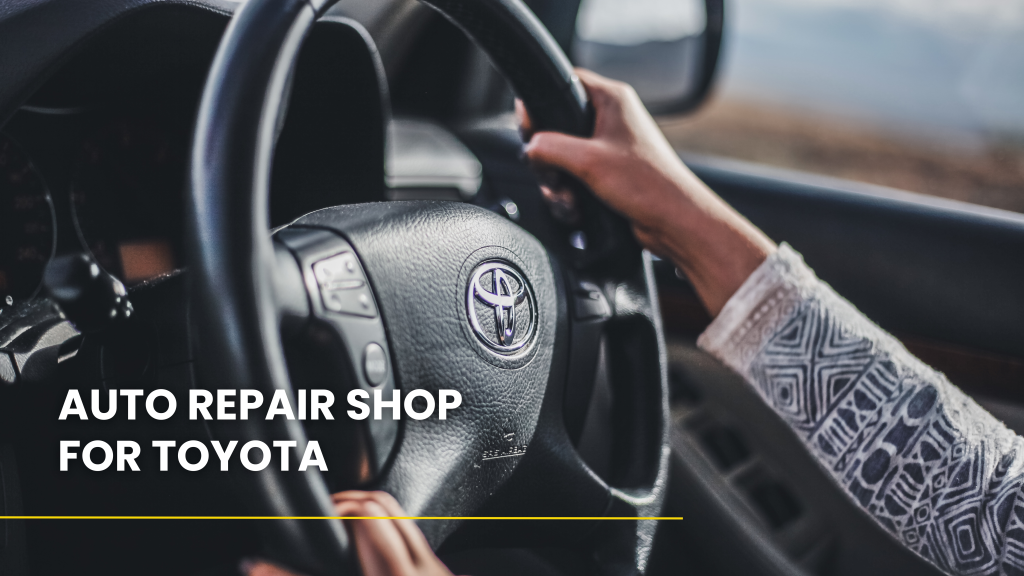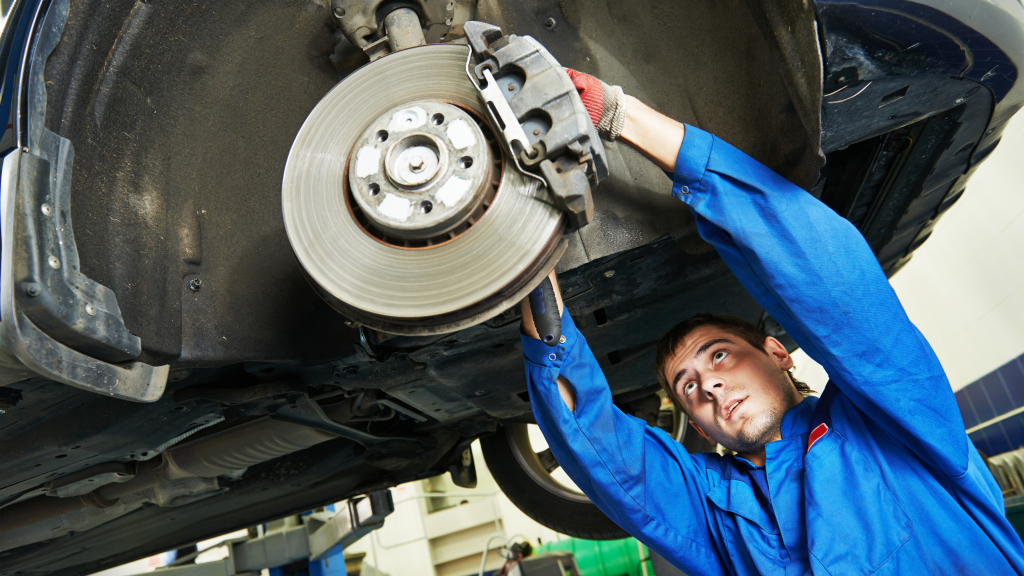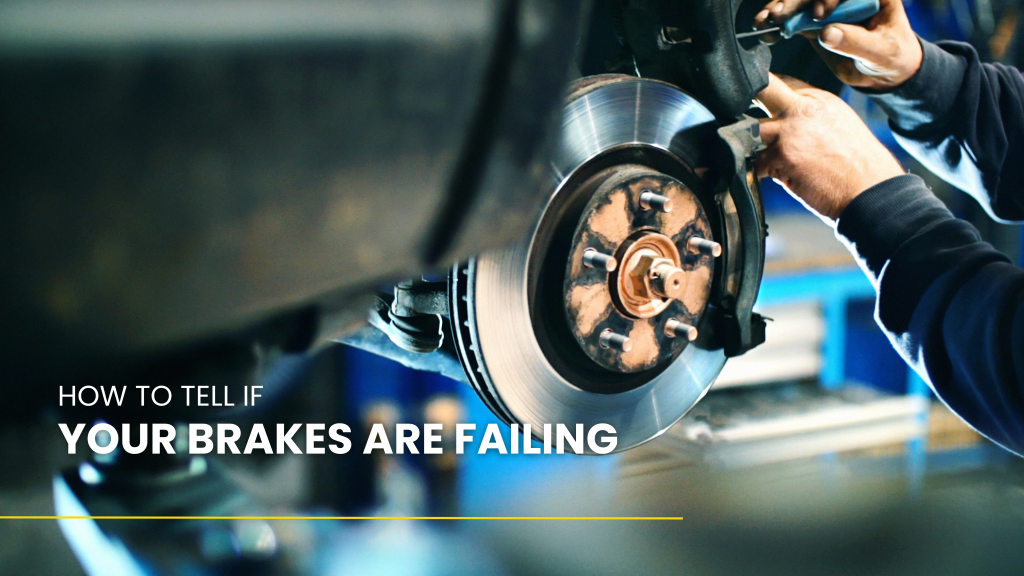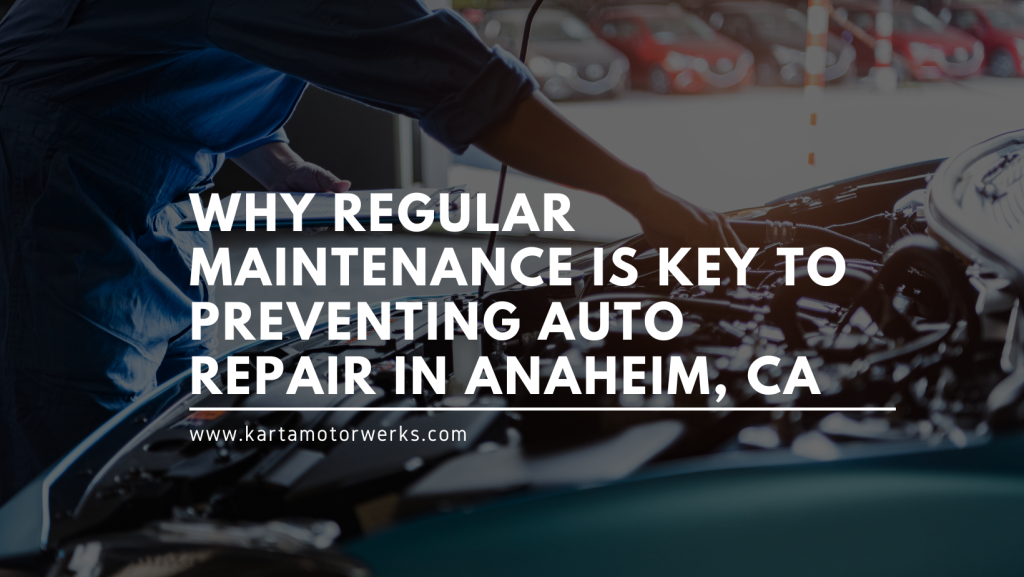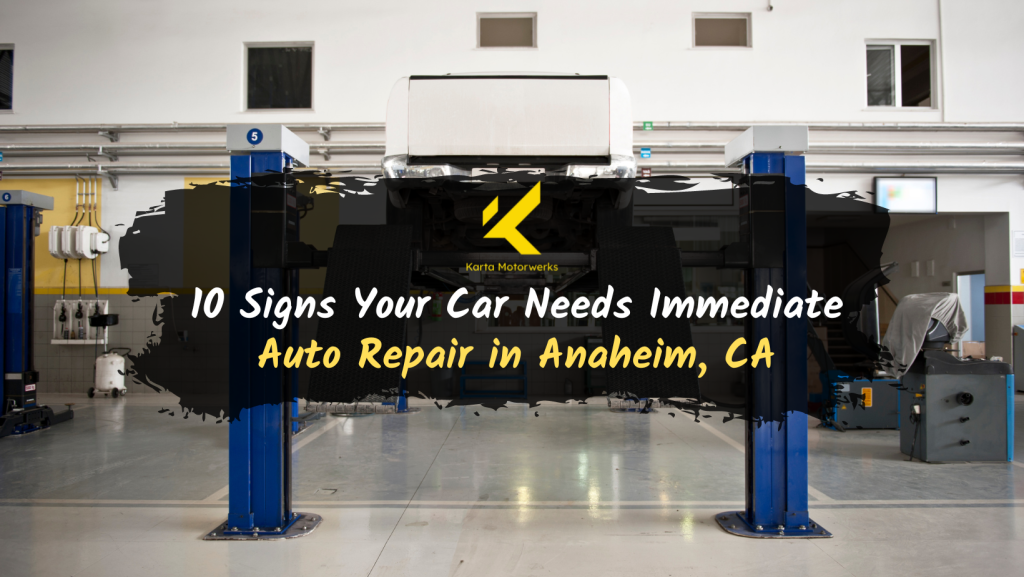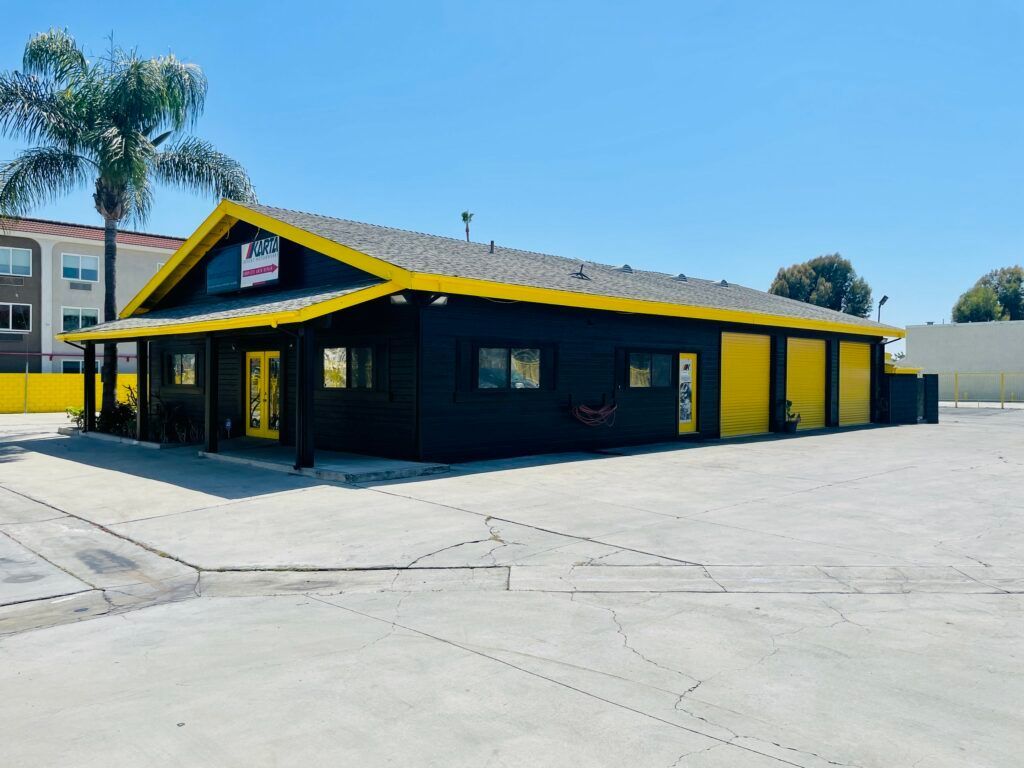Introduction
Maintaining your vehicle is crucial, especially for drivers in Anaheim who rely on their cars for daily commutes and errands. Regular upkeep not only ensures safety but also extends the life of your vehicle. In this comprehensive guide, we’ll explore the top 5 auto repair tips for Anaheim drivers, providing you with practical advice and expert insights to keep your car in excellent condition.
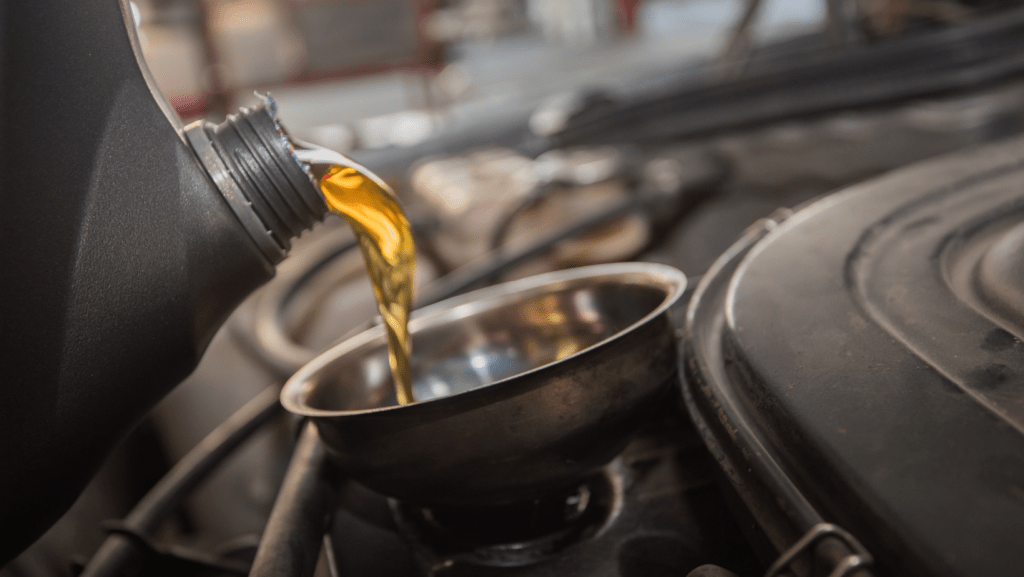
Regular Oil Changes
Why Oil Changes Matter
Regular oil changes are essential for maintaining your vehicle’s engine health. Oil lubricates the engine’s moving parts, reducing friction and preventing wear and tear. Over time, oil can become contaminated with dirt and debris, which can lead to engine damage.
How Often to Change Your Oil
Typically, it’s recommended to change your oil every 3,000 to 5,000 miles, depending on your driving conditions and the type of oil used. Check your vehicle’s manual for specific recommendations.
Choosing the Right Oil
Selecting the right oil for your vehicle is crucial. Consider factors such as the car’s age, driving conditions, and manufacturer recommendations. Synthetic oils, for instance, offer better performance in extreme temperatures.
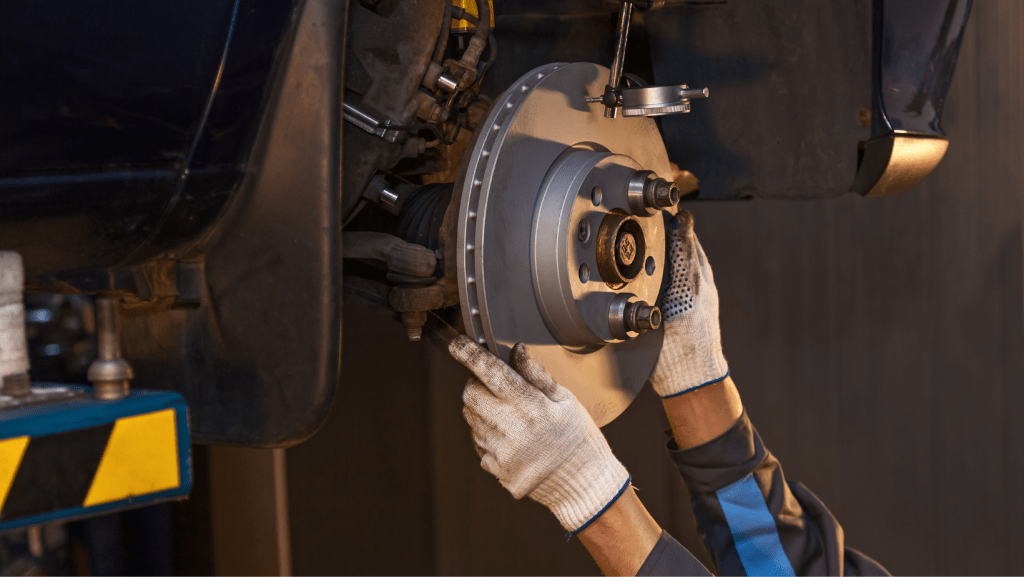
Brake Maintenance
Signs Your Brakes Need Attention
Brakes are a critical safety component of your car. Common signs that your brakes need servicing include squeaking or grinding noises, a soft brake pedal, or the car pulling to one side when braking.
Brake Fluid Check
Regularly check your brake fluid level and top it up if necessary. Low brake fluid can affect braking performance and indicate a potential leak.
When to Replace Brake Pads
Brake pads should be replaced every 20,000 to 50,000 miles, depending on your driving habits and the type of brake pads used. If you hear a squealing noise, it’s time to get them checked.
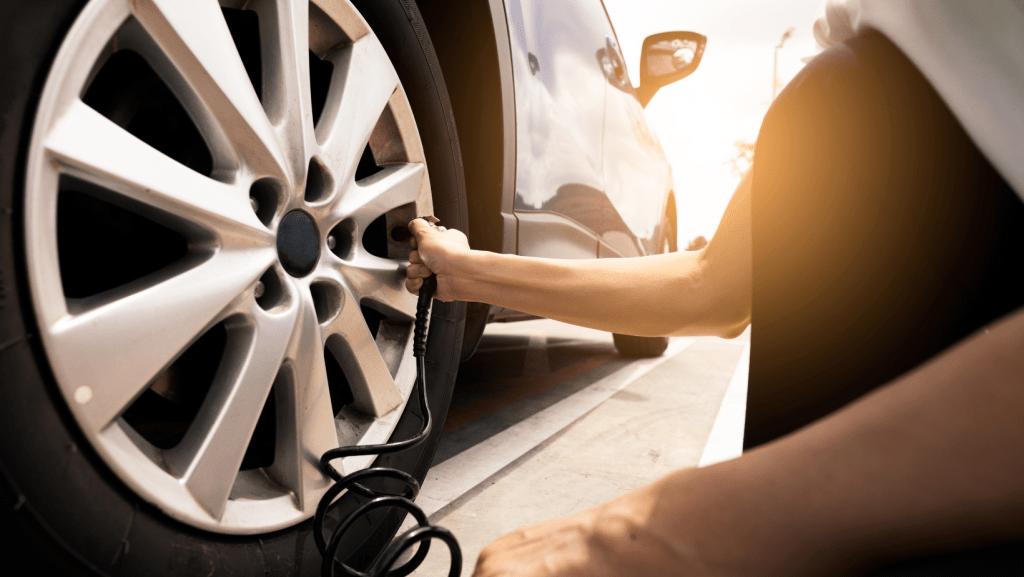
Tire Care and Maintenance
Checking Tire Pressure
Maintaining the correct tire pressure ensures optimal handling, fuel efficiency, and tire longevity. Check your tire pressure monthly and before long trips, using a reliable tire gauge.
Tire Rotation
Rotating your tires every 5,000 to 8,000 miles helps ensure even wear, extending their lifespan. Follow your vehicle’s manual for the recommended rotation pattern.
Tread Depth and Replacement
Inspect your tire tread depth regularly. If the tread is below 2/32 of an inch, it’s time to replace your tires. Use a penny test to measure tread depth easily.
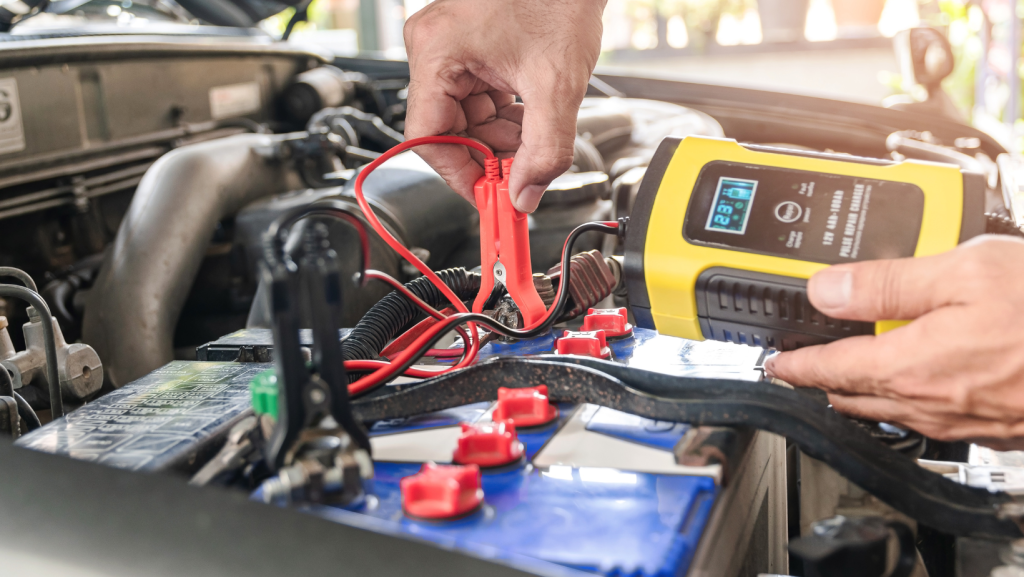
Battery Health
Signs of a Weak Battery
A weak battery can cause starting problems. Signs include dim headlights, slow engine crank, and the battery warning light on your dashboard.
How to Test Your Battery
Test your battery regularly with a multimeter. A fully charged battery should read around 12.6 volts. If the voltage drops below 12 volts, it might be time for a replacement.
Tips for Extending Battery Life
To extend your battery’s life, avoid leaving lights and electronics on when the engine is off, and clean the battery terminals regularly to prevent corrosion.
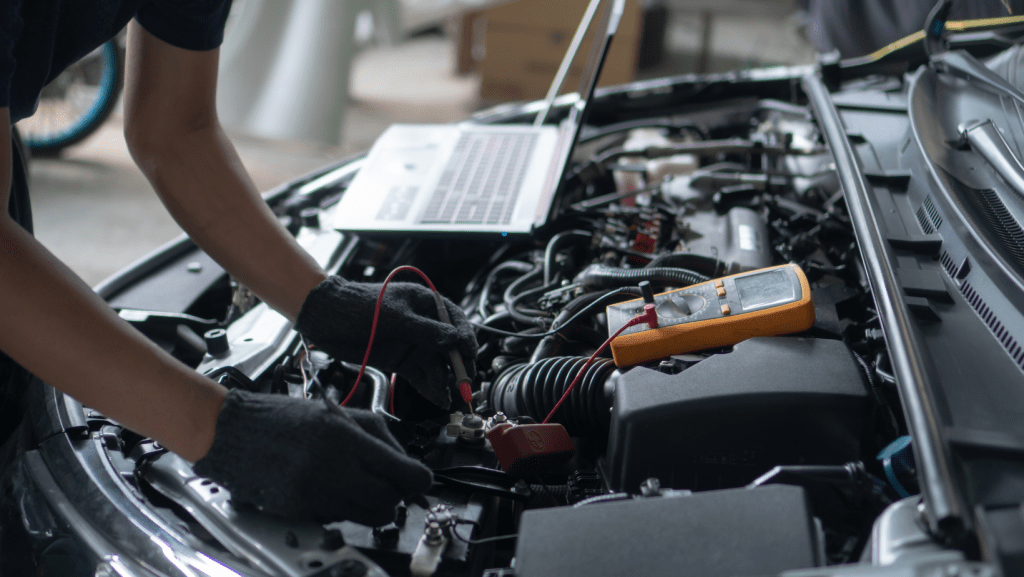
Engine Performance
Common Engine Problems
Engine problems can range from minor issues like a dirty air filter to major ones like a failing transmission. Regularly inspect your engine for leaks, strange noises, and performance issues.
Regular Engine Inspections
Schedule regular engine inspections to catch potential problems early. A professional mechanic can perform diagnostic tests to ensure everything is running smoothly.
Importance of Engine Tune-Ups
Engine tune-ups can improve performance and fuel efficiency. During a tune-up, components like spark plugs, filters, and fluids are checked and replaced as needed.
Routine Maintenance Checklist
Monthly Checks
Perform monthly checks on your oil level, tire pressure, and lights to ensure everything is in working order.
Seasonal Maintenance Tasks
Before winter and summer, check your coolant, wipers, and battery to prepare for extreme temperatures.
Annual Inspections
Schedule an annual comprehensive inspection to address any wear and tear and ensure your vehicle is in top shape.
DIY Auto Repair Tips for Anaheim Drivers
Essential Tools for DIY Repairs
Having the right tools can make DIY repairs easier. Essential tools include a socket set, screwdrivers, a jack, and a multimeter.
Simple Fixes You Can Do Yourself
Learn to perform simple fixes like changing the oil, replacing wiper blades, and checking fluid levels to save on repair costs.
When to Seek Professional Help
Know your limits. For complex issues like brake repairs or engine problems, it’s best to seek professional help to avoid costly mistakes.
Finding a Reliable Mechanic in Anaheim
Tips for Choosing a Mechanic
Look for a mechanic with good reviews, certifications, and experience with your vehicle’s make and model.
Questions to Ask
Ask about the mechanic’s experience, warranty on repairs, and whether they provide written estimates.
Checking Reviews and Ratings
Check online reviews and ratings on platforms like Yelp and Google to gauge the quality of service.
Cost-Saving Tips for Auto Repairs
Preventive Maintenance
Invest in preventive maintenance to avoid costly repairs down the line. Regular oil changes, tire rotations, and inspections can save you money.
Using Quality Parts
Always use quality parts for repairs. Cheap, low-quality parts can lead to frequent replacements and additional costs.
Understanding Warranties and Guarantees
Understand the warranties and guarantees on repairs and parts. A good warranty can save you money on future repairs.
Eco-Friendly Car Maintenance
Benefits of Eco-Friendly Practices
Eco-friendly practices can reduce your carbon footprint and improve fuel efficiency. Simple changes like using synthetic oils and maintaining tire pressure can make a difference.
How to Make Your Car More Eco-Friendly
Consider using eco-friendly products, reducing idling time, and ensuring your car’s emissions are within legal limits.
Recycling Car Parts
Recycle old car parts like batteries, tires, and oil to reduce environmental impact.
Common Myths About Auto Repair
Debunking Popular Myths
There are many myths about auto repair, such as the need for frequent oil changes or the idea that premium fuel improves performance. Know the facts to make informed decisions.
Understanding Your Car’s Needs
Each vehicle has unique maintenance needs. Follow the manufacturer’s guidelines for the best results.
Facts vs. Fiction
Distinguish between facts and fiction by consulting your vehicle’s manual and trusted sources for maintenance advice.
FAQs About Auto Repair
How often should I change my oil?
Oil changes should be done every 3,000 to 5,000 miles, depending on your vehicle’s requirements and driving conditions.
What are the signs of brake problems?
Signs include squeaking noises, a soft brake pedal, and the car pulling to one side when braking.
How can I extend my battery’s life?
Avoid leaving lights on, keep the terminals clean, and test your battery regularly.
When should I replace my tires?
Replace tires when the tread depth is below 2/32 of an inch or if you notice uneven wear.
What’s included in an engine tune-up?
A tune-up typically includes checking and replacing spark plugs, filters, and fluids, and ensuring the engine runs efficiently.
How do I find a reliable mechanic?
Look for mechanics with good reviews, certifications, and experience with your car’s make and model.
Conclusion
Keeping your car in excellent condition requires regular maintenance and attention to detail. By following these top 5 auto repair tips for Anaheim drivers, you can ensure your vehicle remains safe, reliable, and efficient. Stay proactive with your car care, and don’t hesitate to seek professional help when needed. Your vehicle is an investment, and proper maintenance will help you get the most out of it.
Got a Question After Reading Our Auto Repair Tips for Anaheim Drivers? Karta Motorwerks is here to help! Contact us today!
The post Top 5 Auto Repair Tips for Anaheim Drivers appeared first on Karta Motorwerks.
